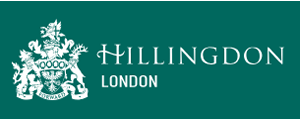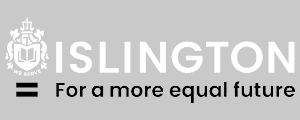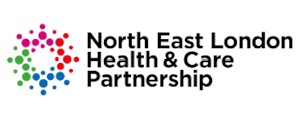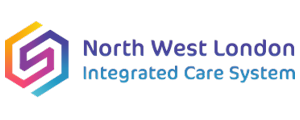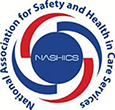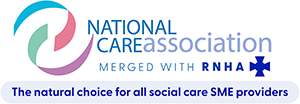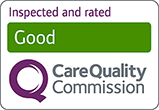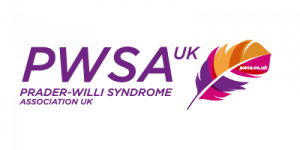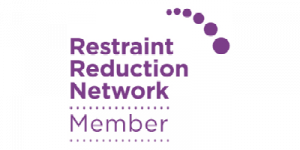Quality Assurance
The questions we asked ourselves are: Are we doing the right things for our service users, their families, commissioners, regulators, and those who represent them?
How well are we doing and what do we need to improve? We have in place a set of assessment tools, questionnaires, checklists, or observational processes we use to enable us to answer these questions, which together constitute our quality assurance programmes. These programmes identify areas of strength for us, and areas that require improvements to enhance the overall quality of care.
Surveys, Audit, and Inspection: These audits include Environmental Health and Safety, Infection Prevention and Control and other metrics, such as Medication Management, Food Safety and Hygiene, Recordkeeping, Management and Prevention of Violence, etc. These regular audits, reviews and evaluations enable us to assess our performance against established standards.
Care/Clinical Effectiveness: Our care/clinical effectiveness approaches are about how we use all the available best knowledge, research evidence and experience to inform our practices and improve service user care and outcomes. The questions we repeatedly ask ourselves are: Is our care plan working, or what should we be doing to achieve the best result for our service users? We educate ourselves by embracing evidence-based guidelines and research from a variety of sources including but not limited to ADASS, CQC, NICE, CQC, SCIE, and DHSC quality standards or practice guidance, which will inform the care that is given to all service users. Our aim is for service users to have the outcomes that are important to them be recognised, well-managed, measured, monitored, promoted, reported, and tracked over time.


